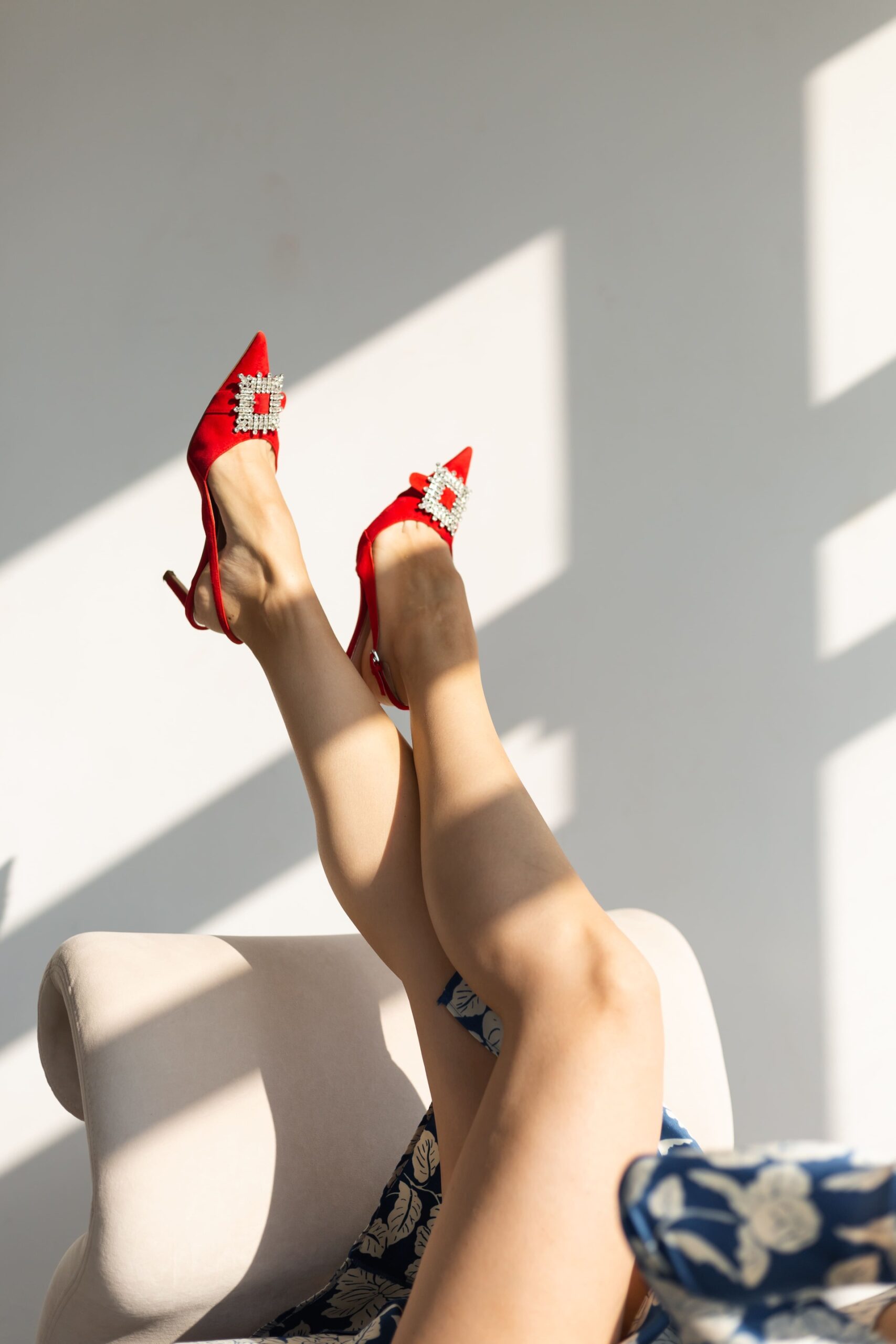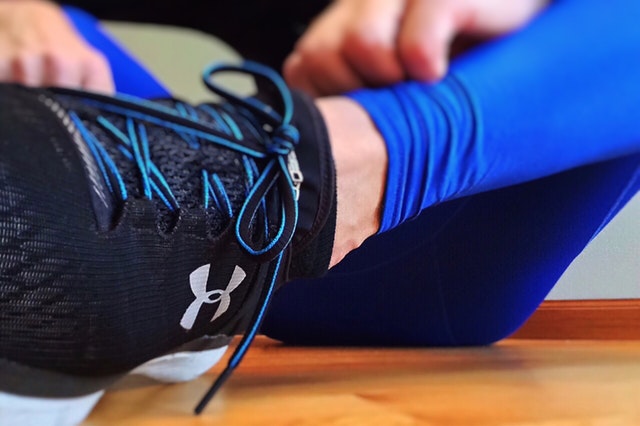If you have or are at risk for varicose veins, you might not know that wintertime can actually impact your vein health, especially if you live or travel to places that experience cold, damp weather. You might be tempted to stay inside more during these cooler months. Curling up with a good book and a warm drink sounds better than going for a jog on a cold, drizzly day, but it’s important to keep up your exercise routine. Take a look at some other tips for maintaining good vein health during the winter months:
Avoid holiday weight gain.
Let’s face it. Delicious food is a major part of the holiday season, whether it’s that extra helping of dressing at Thanksgiving and those cookies you leave for Santa, or those drinks at holiday parties and Valentine’s Day candy from your sweetheart. Unfortunately, many of us also gain weight during the holiday season, and weight gain can lead to problems like varicose vein. While you don’t have to avoid those holiday treats altogether, be sure you eat them in moderation. Also, be sure to stick to a healthy diet on the days you aren’t attending parties or gatherings.
Take your workout inside.
If you generally, hike, walk, jog, run, bike, or swim outdoors, you might be tempted to skip those workouts when the temperature drops. This doesn’t mean you should totally skip your workouts, though. Find a gym that allows you to pay by the month, and hit the treadmill or spinning class until spring rolls around. If you like it, keep it up and use it as a way to add some variation to your workout throughout the year. If you don’t see yourself as a gym person, try mall walking or invest in some home exercise equipment.
Avoid tight clothing.
Winter means throwing out those sandals for boots and socks and adding extra layers to your wardrobe. Just make sure your clothing and accessories are not too tight. Socks, shoes, belts, and pants that are tight can cut off your circulation which does not do your veins any favors. When choosing socks or stockings, consider compression stockings as an extra step of protection against varicose veins.
Keep checking your skin.
Many people experience dry skin problems during the winter, so it is important to moisturize daily with lotions and other products. When you apply lotion to your legs each day, take a look at your veins and make sure there are no changes or signs of complications like open wounds, bleeding, or redness. If you do notice a major change in the condition of your varicose veins, make an appointment with your doctor immediately to discuss treatment.
Avoid long periods of sitting.
If you are still tempted to bundle up in front of the television this winter, take some time each hour to stretch and exercise your feet, ankles, and legs. Get up and walk around during commercials or at least 10 minutes out of every hour.




